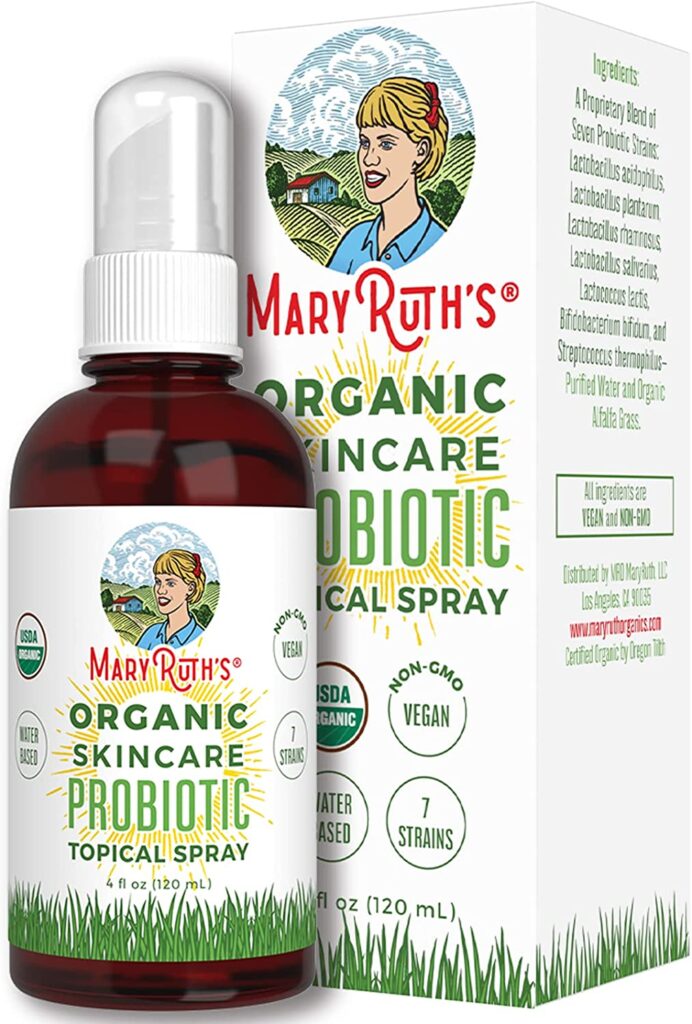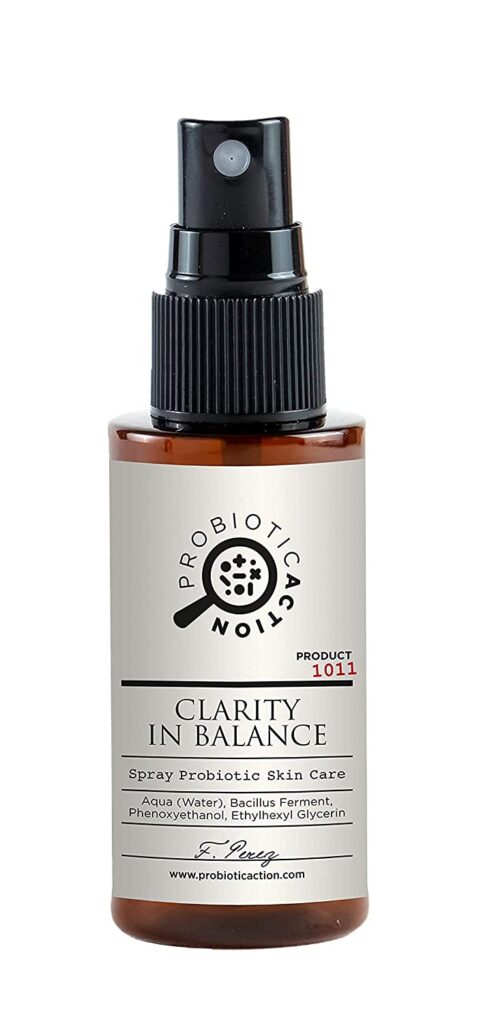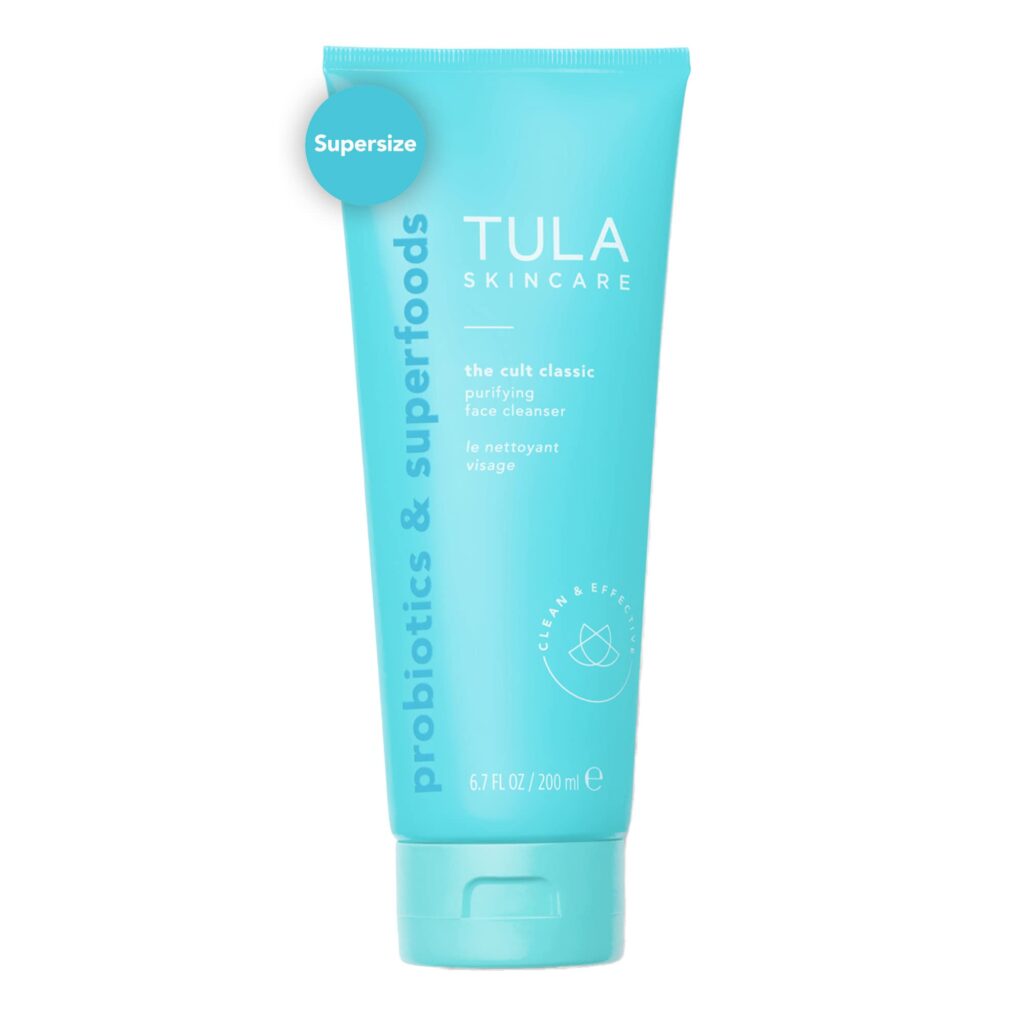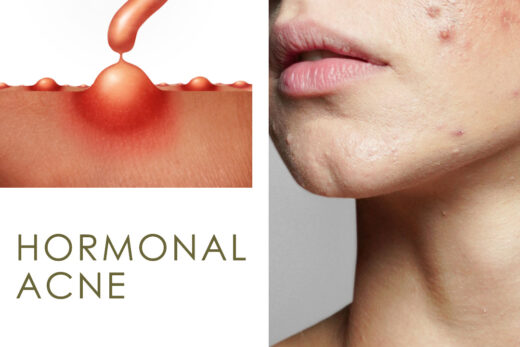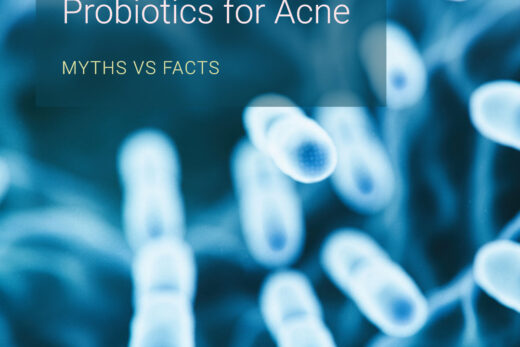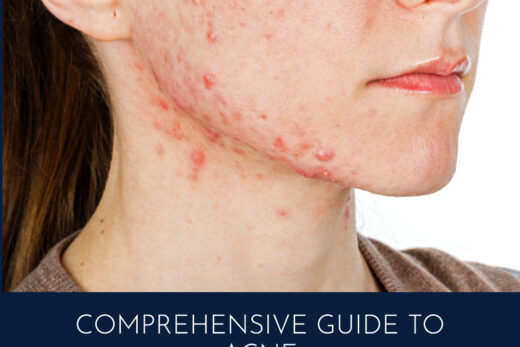Probiotics have long been associated with gut health, but recent research suggests that these beneficial microorganisms could play a crucial role in skincare as well. Topical probiotics, in particular, are emerging as a potential treatment for acne. This article delves into the science behind this development, exploring how topical probiotics work and their potential benefits for acne-prone skin.
How Do Topical Probiotics Work Against Acne?
The human skin is home to a diverse community of microorganisms known as the skin microbiome. Like the gut microbiome, the skin microbiome plays a significant role in maintaining overall skin health. When the balance of this microbiome is disrupted, skin problems like acne can occur. This is where topical probiotics come in.
Topical probiotics, applied directly to the skin, can help restore the balance of the skin microbiome.
Key Takeaways #1
Antimicrobial Properties
Anti-inflammatory Properties
Topical probiotics have been found to possess antimicrobial properties, which can inhibit the growth of acne-causing bacteria, such as Propionibacterium acnes (P. acnes). By reducing the presence of these bacteria on the skin’s surface, topical probiotics can help prevent acne breakouts.
Anti-inflammatory Effects
Inflammation is a key factor in acne development. Topical probiotics can reduce inflammation by modulating the skin’s immune response. This can help decrease redness, swelling, and irritation associated with acne breakouts.
Skin Barrier Enhancement
Topical probiotics can also strengthen the skin’s barrier function, making it more resistant to acne triggers and environmental stressors. A healthy skin barrier is essential for preventing moisture loss and protecting the skin from harmful bacteria, allergens, and irritants.
Key Takeaways #2
Best Topical Probiotic Products for Acne-Prone Skin
Probiotic Sprays
The market has seen an emergence of various probiotic sprays that are specifically designed to tackle acne-prone skin. When choosing a product, it’s essential to look for beneficial strains, such as Lactobacillus and Bifidobacterium, and minimal added irritants. Here’s our top 2 picks for the year 2023.
MaryRuth’s USDA Organic Topical Probiotic
MaryRuth’s Topical Probiotic Liquid Spray provides a versatile, broad-spectrum approach to skin health. With its diverse blend of probiotic strains and the convenience of a spray, it’s a worthy addition to any skincare regimen.
Product Summary
Scientifically formulated Topical Probiotic
This Scientifically formulated Topical Probiotic offers an innovative acne treatment, targeting acne at its source and restoring a healthy bacterial balance on the skin.
Product Summary
Probiotic Face Masks and Cleansers
Probiotic face masks and cleansers offer another option for incorporating topical probiotics into your skincare routine. These products can help remove impurities, exfoliate dead skin cells, and provide a boost of beneficial bacteria to the skin’s surface. To choose the best option for your acne-prone skin, consider the following:
Our Best pick for Probiotic Face Cleanser:
TULA Skin Care Supersize Cult Classic Purifying Face Cleanser
TULA Skin Care Supersize Cult Classic Purifying Face Cleanser provides a comprehensive approach to skin health, combining deep-cleansing action with the nourishing benefits of TULA’s signature probiotics. It’s a suitable choice for all skin types and ages.
Product Summary
Incorporating Topical Probiotics into Your Skincare Routine
Application and Frequency
To obtain the best results from topical probiotics, it’s important to apply them correctly and consistently. Follow the product’s instructions for application and be sure to cleanse your face before applying any topical treatment. Depending on the product and your skin’s needs, you may need to apply the probiotic treatment once or twice daily.
Combining Topical Probiotics with Other Acne Treatments
Topical probiotics can be used in conjunction with other acne treatments, such as benzoyl peroxide, salicylic acid, or retinoids. To ensure the most effective results, apply the treatments in the correct order:
Key Takeaways #3
Using Topical and Oral Probiotics for Acne Treatment
Complementary Benefits
Combining both topical and oral probiotics can provide a comprehensive approach to acne treatment. This dual approach targets acne from both the inside and the outside, addressing the root causes of acne and promoting overall skin health. Oral probiotics can help balance the gut microbiome and reduce inflammation, while topical probiotics target acne-causing bacteria and strengthen the skin’s barrier.
Learn more about how to find the best Oral Probiotics here: Choosing the Best Probiotics for Acne 2023
Key Takeaways #4
Conclusion
In summary, topical probiotics show promising potential as an effective treatment for acne-prone skin. By targeting acne-causing bacteria, reducing inflammation, and enhancing the skin’s barrier, they can help manage acne symptoms and promote healthier skin. Combining topical probiotics with oral probiotics can provide a comprehensive approach to acne management. To achieve the best results, it’s important to develop a personalized treatment plan and consult with a healthcare professional or dermatologist for guidance on incorporating both topical and oral probiotics into your acne management plan.
Key Takeaways #5
The Science Behind Probiotics and Acne (for Nerds)
Effectiveness of Topical Probiotics for Acne Treatment
https://pubmed.ncbi.nlm.nih.gov/21281494/
Recent studies have demonstrated the effectiveness of topical probiotics in treating acne:
Bowe WP, Logan AC. Acne vulgaris, probiotics and the gut-brain-skin axis – back to the future? Gut Pathog. 2011 Jan 31;3(1):1. doi: 10.1186/1757-4749-3-1. PMID: 21281494; PMCID: PMC3038963.
Antimicrobial Properties
https://pubmed.ncbi.nlm.nih.gov/19229497/
Topical probiotics exhibit antimicrobial properties to inhibit acne-causing bacteria:
Kang BS, Seo JG, Lee GS, Kim JH, Kim SY, Han YW, Kang H, Kim HO, Rhee JH, Chung MJ, Park YM. Antimicrobial activity of enterocins from Enterococcus faecalis SL-5 against Propionibacterium acnes, the causative agent in acne vulgaris, and its therapeutic effect. J Microbiol. 2009 Feb;47(1):101-9. doi: 10.1007/s12275-008-0179-y. Epub 2009 Feb 20. PMID: 19229497.
Anti-inflammatory Effects
https://www.ncbi.nlm.nih.gov/pmc/articles/PMC7953067/
Cristofori F, Dargenio VN, Dargenio C, Miniello VL, Barone M, Francavilla R. Anti-Inflammatory and Immunomodulatory Effects of Probiotics in Gut Inflammation: A Door to the Body. Front Immunol. 2021 Feb 26;12:578386. doi: 10.3389/fimmu.2021.578386. PMID: 33717063; PMCID: PMC7953067.
Skin Barrier Enhancement
https://pubmed.ncbi.nlm.nih.gov/23342023/
Levkovich T, Poutahidis T, Smillie C, Varian BJ, Ibrahim YM, Lakritz JR, Alm EJ, Erdman SE. Probiotic bacteria induce a ‘glow of health’. PLoS One. 2013;8(1):e53867. doi: 10.1371/journal.pone.0053867. Epub 2013 Jan 16. PMID: 23342023; PMCID: PMC3547054.
Combining Topical and Oral Probiotics for Acne Treatment
https://www.wageningenacademic.com/doi/pdf/10.3920/BM2012.0060
Combining both topical and oral probiotics can provide a comprehensive approach to acne treatment
Bowe, W. P., Patel, N. B., & Logan, A. C. (2014). Acne vulgaris, probiotics and the gut-brain-skin axis: from anecdote to translational medicine. Beneficial Microbes, 2014; 5(2):185-199.

